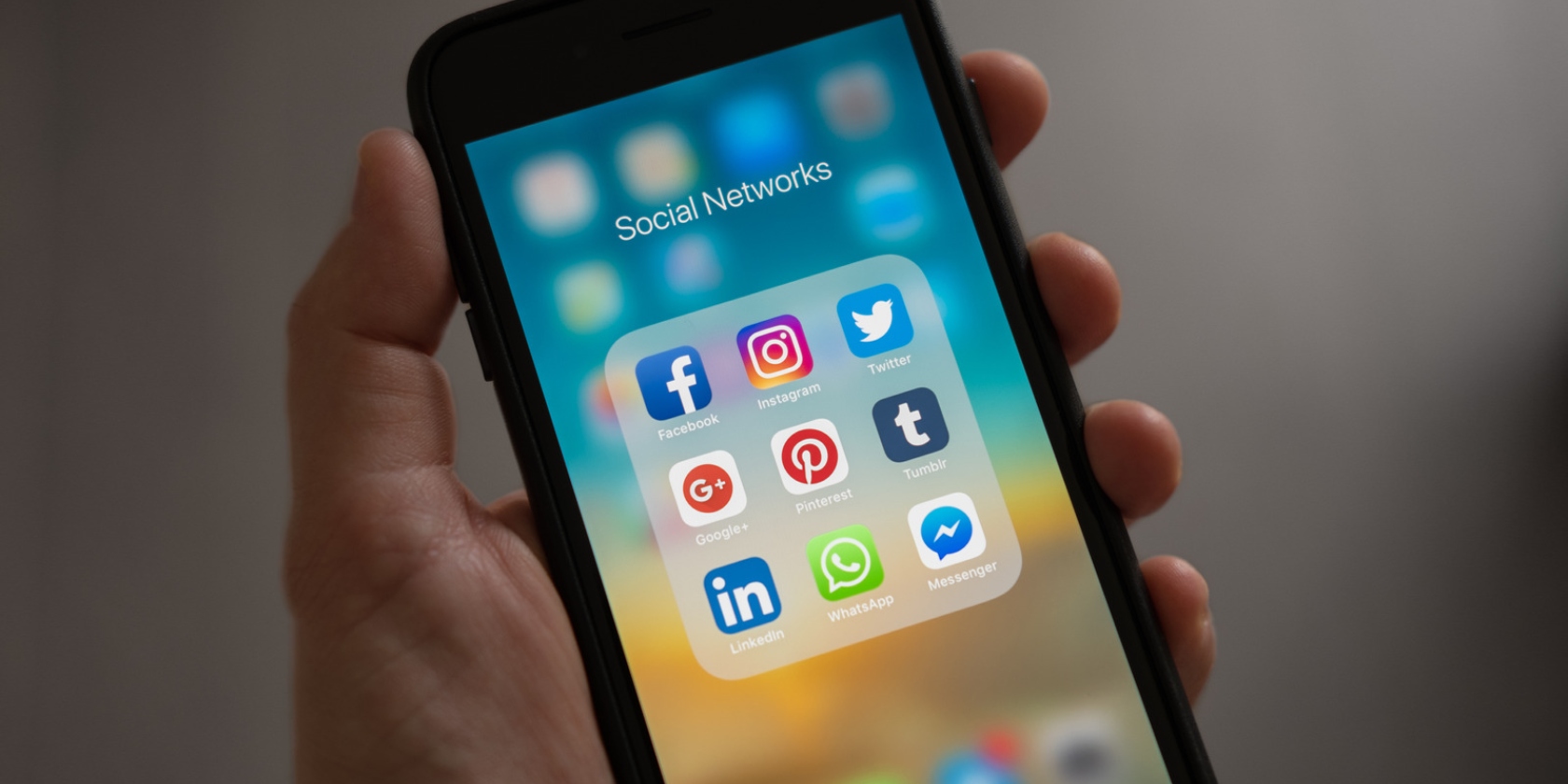
March 30, 2021, by Rosie Pinder
LinkedIn: How You Should Really Be Using It
By Rosie Pinder, BA English second year
Recently I’ve had lots of discussions with friends who no longer use LinkedIn, and I can understand why. It can easily become a space characterised by toxic productivity and self-promotion, which can be very overwhelming. However, if you change the way you use LinkedIn, it still has the potential to be a really useful platform.
Most resources that talk about LinkedIn stress the need to build a strong profile. This might involve taking a professional profile picture, detailing your qualifications, and posting frequently about your achievements. These things are all important. But focusing on self-promotion in this way can make the platform quite an unhelpful space. Especially at the moment as many industries are struggling and opportunities are few and far between. Going on LinkedIn and being confronted with others’ successes can feel really demoralising.
However, if you change the way you view and use LinkedIn, this doesn’t have to be the case. Instead of seeing it as an online CV, I think the best way to engage with the platform is to focus on building connections and relationships. After all, while LinkedIn may be careers-focused, it is still a social media platform. Below are some examples of how I think it is best to use LinkedIn.
My Suggestions:
- Engage with posts
Don’t just like someone’s post if you find it interesting. Instead, start or add to a meaningful discussion in the comments. This can lead to some very productive debates, as well as helping to get your name noticed. Real engagement shows that you are actually interested in the content, rather than just reaching out to get something from the other person.
- Ask people about their role and industry
If you have a few ideas about potential career options but aren’t sure where to go to find out more, LinkedIn is a great option. Find someone who is currently working in a role that you find interesting and reach out to them! Most people are happy to answer questions and tell you about their experiences.
I recently direct messaged (DM’d) a Nottingham alumna who is currently working as a freelance journalist. She answered my questions and even offered to talk in more depth over the phone, which was a really helpful experience!
At the end of the day, you have nothing to lose by just reaching out to someone. They may even think to recommend you in the future if they hear about work experience opportunities and other opportunities within their field. For example, during Reading Week this year, I attended a Work Experience in the Arts talk where another Nottingham alumnus credited reaching out to people on LinkedIn as the catalyst for a work experience placement that led to a full-time position.
- Look people up
If you have an interview coming up or are attending a careers event, it can be really helpful to search the profiles of those involved. In the case of an interviewer, this might give you some insight into what they value and may be looking for. More generally, it is always useful to have some information in advance of an event so that you can prepare for potential interview questions and tasks.
- Use it to find a careers mentor
Read more about this in one of the recent career blog posts.
To conclude
So, before you think about deleting your LinkedIn profile, try using it in some of the ways I’ve suggested. Of course, post about exciting projects you’re involved in and career successes too. But don’t overlook the importance of using LinkedIn to build relationships and connections, especially while the world is still largely operating online.
We can support you with all aspects of the recruitment process and can help you develop your LinkedIn profile or help you to use it to its full potential. Why not book an appointment with a member of our team?
No comments yet, fill out a comment to be the first

Leave a Reply